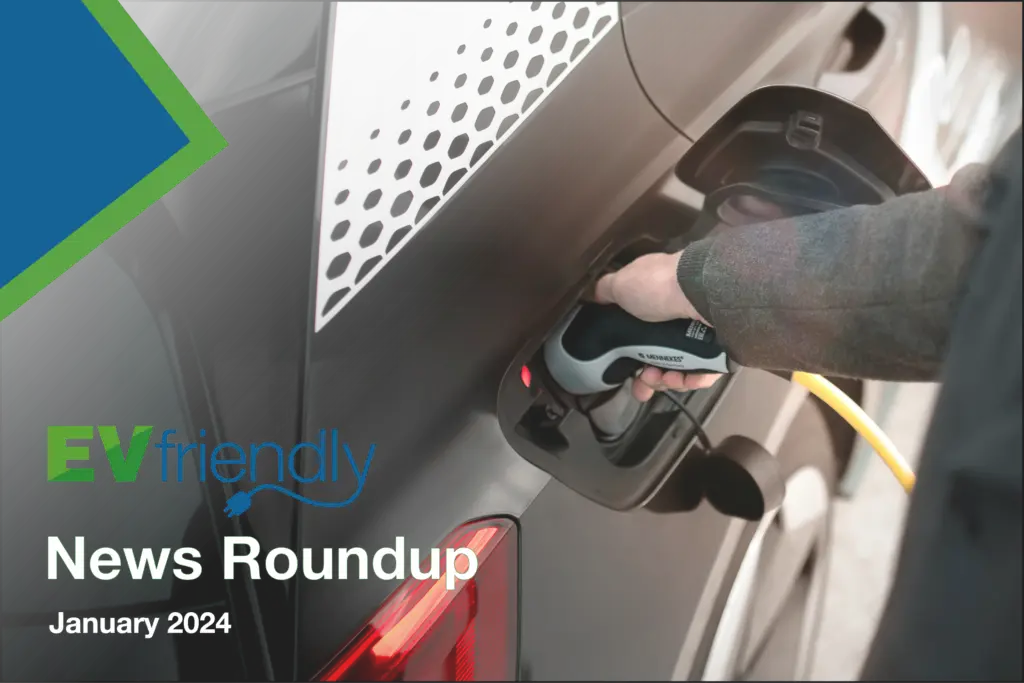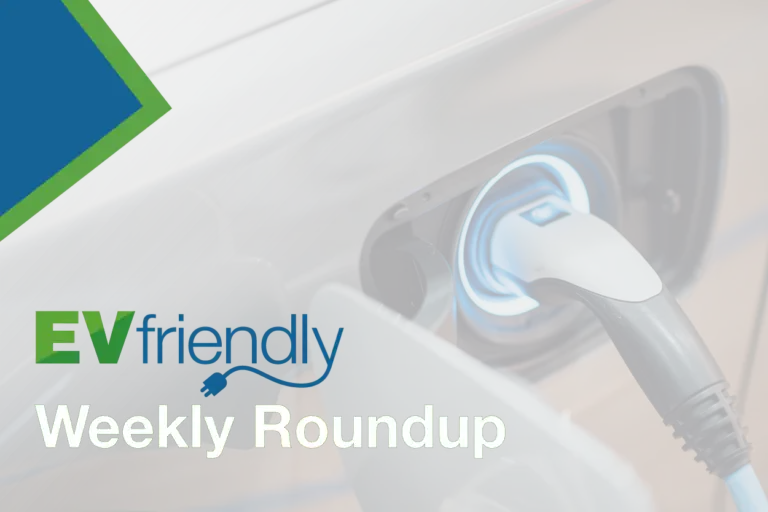Honda considers $14 billion plan for EV production in Canada
Honda is contemplating a $14 billion investment in building an electric vehicle (EV) plant in Canada, potentially one of its largest projects. The plan may include in-house battery production, and possible locations, including Ontario, are being explored. The decision is expected by year-end, with the plant potentially operational by 2028. The move aligns with Honda’s existing plans to start EV production in North America by 2026. Canada’s Industry Minister sees this as a positive sign of the country’s appeal for major green investments in the auto sector.
Tesla plans to build new electric vehicles in mid-2025
Tesla is planning to start production of a new mass-market electric vehicle, codenamed “Redwood,” in mid-2025. The compact crossover aims to compete with cheaper gasoline cars and affordable electric vehicles. CEO Elon Musk confirmed the plan, stating production will begin in Texas in the second half of 2025, followed by Mexico and another international factory. This move aligns with Tesla’s strategy to offer more affordable EVs, including an entry-level $25,000 car. Production is set to start in June 2025, challenging Tesla’s growth rate for the year.
Canada wants to be an EV nation, but first it has to convince consumers
The Canadian government aims for 100% new car sales to be electric by 2035, but challenges in consumer adoption persist. Issues such as “range anxiety,” lack of charging infrastructure, and high EV prices contribute to slower adoption. Some areas face difficulties finding charging stations, longer wait times, and concerns about sticker prices. Automakers have scaled back EV production targets due to sluggish sales and lower demand. Achieving aggressive sales targets requires grid enhancement, consumer incentives, sustained investment in the EV supply chain, and expanded charging infrastructure.
What Canada can learn from Norway, the EV capital of the world
Norway, a global leader in electric vehicles (EVs), has achieved an 82% share of EVs in total vehicle sales in 2023, aiming to end gas and diesel car sales by 2025. Key factors for success include waiving import duties and taxes on EVs, incentives like free tolls and bus lane access, and over 8,000 charging stations. Norway’s approach contrasts with Canada’s 2035 target, emphasising EV availability and offering rebates. Learning from Norway, Canada must invest in charging infrastructure and consider policy adjustments for a successful transition to EVs.
Inflation, high interest rates could be speed bumps on Canada's EV transition
Inflation and high interest rates are major obstacles to Canada’s transition to electric vehicles (EVs), hindering the government’s goal of achieving 100% zero-emission vehicle sales by 2035, according to Brian Kingston, CEO of the Canadian Vehicle Manufacturers’ Association. He stresses the need for stronger incentives to narrow the price gap between EVs and traditional vehicles. Additionally, Kingston highlights the requirement for a significant expansion of charging infrastructure to meet the government’s EV targets. Addressing economic barriers and developing the critical minerals supply chain are crucial for successful EV adoption in Canada.






